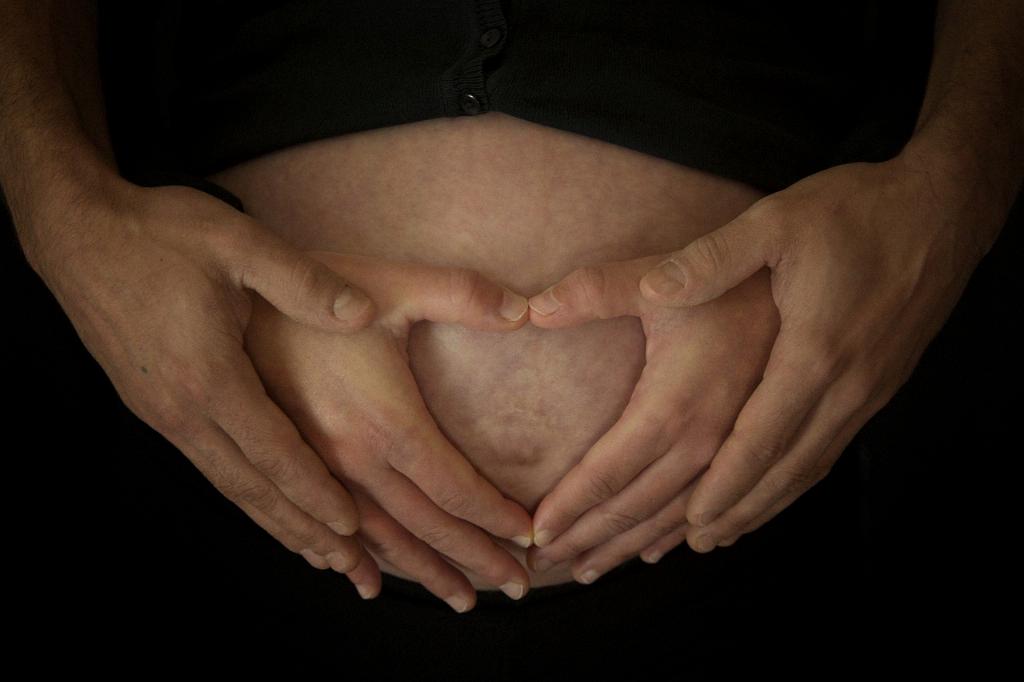When it comes to the weight gain in the third trimester of pregnancy, it’s essential to understand that every woman’s body is different, and there is no one-size-fits-all answer. However, based on observed data, the rate of weight gain in the third trimester typically ranges from 0.3 to 0.7 kg (0.7 to 1.4 lb) per week. This means that over the course of the entire third trimester, which lasts approximately 12-13 weeks, a woman may gain around 3.6 to 9.1 kg (8 to 20 lbs).
It is important to note that the rate of weight gain during the third trimester may vary from woman to woman based on factors such as pre-pregnancy weight, overall health, and dietary habits. Some women may gain weight more rapidly, while others may gain more gradually. The key is to focus on maintaining a healthy and balanced diet to support the growth and development of the baby.
While the average rate of weight gain during the second trimester may be slightly higher than that of the third trimester, it is not uncommon for some women to experience a significant increase in weight during the final months of pregnancy. This increase is often due to the baby’s rapid growth and development, as well as an increase in amniotic fluid and blood volume.
It’s important for pregnant women to monitor their weight gain during the third trimester and consult with their healthcare provider if they have any concerns. Sudden or excessive weight gain, or conversely, a lack of weight gain, could be indicators of potential health issues that need to be addressed.
During the third trimester, the focus should be on consuming nutrient-dense foods that provide essential vitamins and minerals for both the mother and the baby. This includes a balanced mix of fruits, vegetables, whole grains, lean proteins, and healthy fats. It’s also crucial to stay hydrated and avoid processed foods high in sugar and unhealthy fats.
Regular prenatal check-ups with healthcare providers will help monitor the mother’s weight gain and overall health throughout the third trimester. These appointments are an opportunity to discuss any concerns or ask questions about nutrition, exercise, and other aspects of pregnancy.
In some cases, a healthcare provider may recommend specific dietary adjustments or moderate exercise routines to support healthy weight gain in the third trimester. It’s essential to follow their guidance and communicate any changes or challenges experienced during this stage of pregnancy.
For many women, the third trimester can be a challenging time physically and emotionally. As the body undergoes significant changes to accommodate the growing baby, it’s normal to experience fluctuations in weight and energy levels. It’s important to prioritize self-care and seek support from loved ones and healthcare professionals.
Overall, the amount of weight gained in the third trimester varies from woman to woman, but on average, a gain of 0.3 to 0.7 kg per week is considered typical. By focusing on a healthy diet, staying active, and maintaining open communication with healthcare providers, women can support a healthy pregnancy and prepare for the arrival of their baby.
Remember, pregnancy is a unique and beautiful journey, and each woman’s experience is different. Embrace the changes happening in your body, listen to your instincts, and trust in the amazing process of bringing new life into the world.

